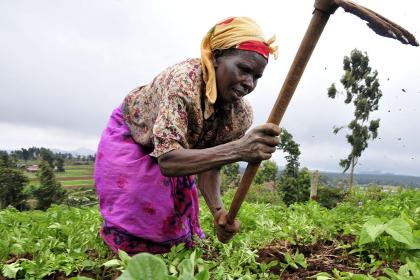
UNCTAD Policy Brief No. 95
State capacity both drives improved development outcomes and is accumulated as a by-product of positive progression in the development process. However, the least developed countries have experienced attrition on both fronts.
Development challenges among the least developed countries in the 2020s require them to develop and strengthen State capacity. These countries need the support of development partners through the implementation of programmes that intentionally reinforce and expand State capacity.
Key points:
- State capacity – the ability to formulate public policies and accomplish policy goals – has been a crucial element of all successful development experiences.
- State capacity in the least developed countries has been continuously eroded since the 1980s, especially due to external economic and political pressures to undertake damaging austerity measures and to the negative impacts of some ways of delivering official development assistance.
- In the 50 years of the least developed country category, levels of development in most of the least developed countries have fallen behind those in other developing countries.
- Reversing the erosion of State capacity and achieving sustainable development will require conscious and intentional support from the international community for the efforts of the least developed countries to strengthen and deepen State capacity.
For further information and analysis of the topics discussed in this policy brief, see The Least Developed Countries Report 2021: The Least Developed Countries in the Post-COVID World – Learning From 50 Years of Experience.
The least developed countries need to strengthen and broaden State capacity to operationalize policy space and achieve development goals - UNCTAD Policy Brief No. 95 (UNCTAD/PRESS/PB/2022/3)
23 Feb 2022




